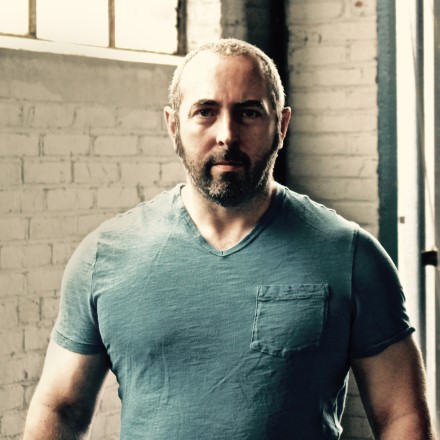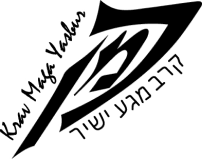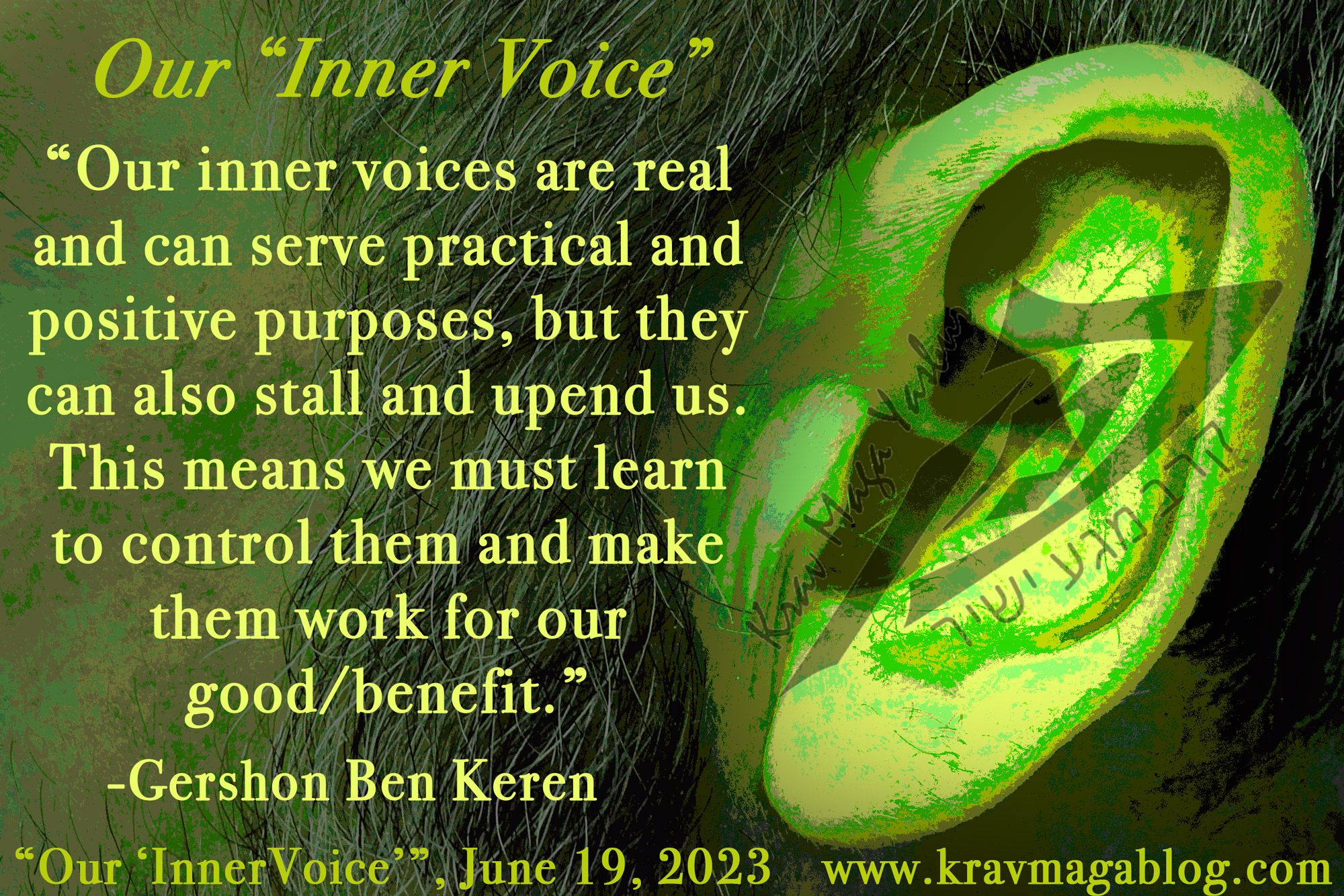Thoughts don’t need words. An idea does not need a vocabulary to exist. Language is an external thing which societies have created in order for members to communicate with each other. It is not necessary to know words to be able to think. If a person grows up without other people, they are still able to have ideas, however when we have words, we are able to create/have an “inner voice”. The easiest way to demonstrate this is to recall your phone number. When you do this, you will form and articulate the numbers in your mind e.g., if your phone number contains the number three, you will say to yourself “three” as you put together your phone number. If we are thinking about something we might say to someone, such as the answer to a question we are expecting to be asked at a job interview, we may prepare and formulate our answer using our inner voice. However, we also use our inner voice to chastise ourselves e.g., if we realize we have fallen for a scam, we might say to ourselves, “why am I so stupid!”. So, our inner voice can be used in a positive way, such as coming up with prepared statements/answers, or running over in our mind a speech we are going to give etc. However, it can also be used negatively, to articulate and confirm the failures we have made in our lives etc. In this article I want to look at ways we can use our inner voice to improve our performance when training, and when dealing with real life violent encounters, and how we can distance ourselves from the doubts and concerns we have about our abilities to deal with crime/violence.
Our “inner voice” can sometimes deter us from breaking the law. It can articulate our doubts and concerns about doing something. Our subconscious may sometimes reinforce a “feeling” by giving us the words to describe our fears. Schuchter and Levi (2013), in research looking at Donald Cressey’s fraud triangle, describe how the inner voice of those considering committing a white-collar crime, such as fraud against their company, initially acts as a deterrent, voicing all the potential and negative issues engaged with the offense e.g., telling the individual that they’ll never get away with it, that their supervisor will spot them, that it is wrong, that they’ll slip up etc. However, over time as the unregulated opportunity to make money keeps presenting itself, the voice becomes quieter, and/or changes to one of encouragement e.g., you’d be stupid not to take advantage of this opportunity, anyone in your position would take advantage of it, if you don’t do it someone else will etc. Whilst a “negative” inner voice can be useful in preventing us from doing things that we shouldn’t, such as telling us, that scanning an avocado as an onion, isn’t worth the risk etc., when it comes to surviving a violent encounter, such a voice can impede and encumber us. Often when we are dealing with an aggressive individual(s) our thought processes are invaded by “peripheral doubts” i.e., our inner voice questioning our potential actions e.g., what if hitting them just makes things work? Am I legally entitled to do this? What if my punch doesn’t hurt them? Etc. Our – cautionary - inner voice, that may be useful in preventing us from committing an offense, such as theft or fraud, can trap us, and cause inertia, making us indecisive and reluctant to act decisively; something which is necessary in order to survive a violent encounter. To counter this, we must fill our mind with a conscious and “active” voice, one that doesn’t give space to our doubts and fears. I use a mantra that I repeat to myself, when I find my inner voice, voicing these peripheral doubts. I repeatedly say to myself, “not me.” i.e., the person I am dealing with is not going to make me their victim. Whilst I internally repeat this mantra, making it my inner voice, no other voice can invade my thought process.
We can also choose how, using our inner voice, we refer to ourselves using pronouns. This is a method that therapists often use with people suffering from anxiety. They use a process called “distancing” to help someone suffering from fear or anxiety to personally remove themselves from what is causing them distress. We are usually better at giving other people advice than taking our own e.g., we are great at solving other people’s problems, and not so great at solving our own etc. This is because we are looking at an external rather than an internal issue, allowing us to be more clinical and objective. When we try to solve our own problem(s) we lack the distance to do so objectively. Psychologists will often try and get people who suffer from crippling anxiety to distance themselves by thinking about themselves as an actor, who is viewed on a stage etc. They may get them to refer to themselves by their name, rather by using “I” e.g., rather than “I” am having an issue, “Gershon” is having an issue etc. We can reverse this to remove any doubts when we are dealing with a violent encounter e.g., whilst “I” may not have control of this situation, “Gershon” does. For many of us we may doubt our abilities to handle and deal with violence, but when we distance ourselves, and hand over control to ourselves as an actor on a stage, then the personal issues, fears, and doubts disappear.
Our inner voices are real and can serve practical and positive purposes, but they can also stall and upend us. This means we must learn to control them and make them work for our good/benefit. Sometimes we must drown them out, when they advise caution where decisiveness is needed, other times we must distance ourselves from them, and allow them to speak to the person/individual we believe in.
Share:

Gershon Ben Keren
2.8K FollowersGershon Ben Keren, is a criminologist, security consultant and Krav Maga Instructor (5th Degree Black Belt) who completed his instructor training in Israel. He has written three books on Krav Maga and was a 2010 inductee into the Museum of Israeli Martial Arts.
Click here to learn more.

